Translanguaging: A first response
Jonathon Ryan responds to last week’s post by Michael Rabbidge
Part 2 of a three-way conversation between Michael, Jonathon and Maria
The term translanguaging first registered with me in about 2015 when it was suggested as the theme of a language teaching conference. To the unfamiliar ear, it has an intimidating gravity. The familiar root word ‘language’ is cast in the unfamiliar role of gerund and then tied to that most postmodern of prefixes: transdisciplinary, transhuman, and now translanguaging? I was intrigued but didn't have the time and headspace to properly sit with it. Later, in chats with Mike, I got the broad outlines, and at some stage I will sit down and read his book Translanguaging in EFL contexts: A call for change. But for now, I’m coming at this very naively but full of questions.
As a first reaction, I appreciate its rationale for opposing the ‘English-only’ policies that exist in many schools. It is true, of course, that for some students the classroom will be only quality exposure to English, but in most cases a strict English-only policy seems deeply misguided. To illustrate just one of the issues, as a Spanish learner I remember a 3-hour class that was both mind-boggling and excruciating. We had no idea what the poor teacher was going on about. So after class I asked a friend to translate one of the examples and it all fell into place: they were simply object pronouns. Had the teacher known the English term or let us look it up in a bilingual dictionary, the class would’ve been rescued.
So for this and numerous other reasons I’m on board with the general direction of translanguaging. But I know that certain Directors of Study won’t be. So, my first question to Michael is this:
Q1. What hard evidence is there that learners benefit from a translanguaging policy?
My second question about translanguaging is this:
Q2. If we encourage students to draw on their full linguistic repertoire, what are some useful guidelines around correction?
As the background to this question, I can see two competing tensions, which I’ll pose as sub-questions.
Q2a. On the one hand, is there a point at which we would draw a line, and say “no, you should try that in English”?
What I’m thinking is that in an EFL context, if the teacher and students share the same first language, there may be little communicative pressure for the students to further develop their English. I’m thinking of the classic longitudinal study of community language learning spearheaded by Wolfgang Klein and Clive Purdue and funded by the European Science Foundation in the 1980s-1990s. One of the things they found was that from early on, a learner’s ‘language variety’ (a term roughly akin to ‘interlanguage’) is guided by a set of organizing principles (phrasal, semantic and pragmatic). For a language user, a basic system (e.g. with just one verb tense, no articles) might be enough to do the sorts of things they need to do to get by. That’s helpful, but in such cases their language development often fossilizes. On the other hand, if the learner found their language system was unable to convey their intended meanings, this spurred on further development through expanding and refining that system (e.g. adding new tenses to their repertoire).
So what I wonder is this: if everyone in class understands the first language, and translanguaging is promoted, why not just switch back to the L1? You could just avoid the hassle and potential miscommunications. But in this way, I could see translanguaging perhaps disincentivizing development in the second language.
Q2b. But the competing tension I see is this: does translanguaging discourage correction?
To provide an analogy, I recall feeling slightly aggrieved one time when my old supervisor asked me to submit a very rough discussion of my ideas, “just rough, and don't worry about making it polished”, but then he proceeded to focus almost entirely on how I'd written it (i.e. it's lack of polish). ‘That wasn’t the deal!’, I wanted to say. Would our students feel the same if we encourage translanguaging but then try to correct their English? But we have to provide correction, right? And I’ve been that language learner wanting to try out a new sentence or structure in class and expecting to get feedback: if the teacher didn’t correct me, I assumed that my utterance was good and would continue to use it outside the classroom. I would’ve felt very let down if they’d let a bad error pass unremarked and I’d then incorporated it into my repertoire.
Those are my thoughts. Three questions wrapped up in there.
